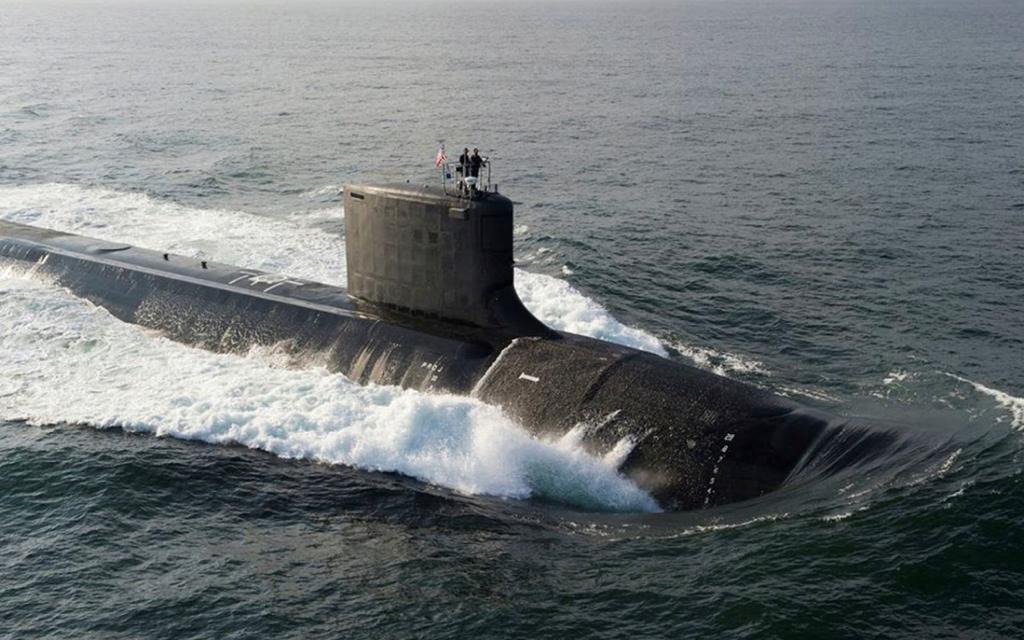The President of United States Joe Biden, the Prime Minister of United Kingdom Rishi Sunak and the Australian Prime Minister Anthony Albanese meet to discuss AUKUS furthur strategies. Rishi Sunak decides to invest in Defence upto $6 billion to contain the growing threats from Russia and China.
The British Prime Minister Rishi Sunak pledged to use the extra spending to replenish ammunition stocks, modernize the UK’s nuclear submarine program and fund the “next phase” of AUKUS.
The partners are expected to announce that Australia will purchase at least four nuclear-powered Virginia-class submarines from the US, then build a modified version of the British Astute-class submarine with US combat systems and weapons during the second phase of the program. The deal is seen as a bid to counter China’s military ambitions in the Pacific.
In this situation, China reiterated its opposition to the AUKUS agreement, saying it seriously exacerbates risk of nuclear proliferation and drives an arms race that would destabilize the Asia Pacific region.
“We urge the US, UK, and Australia to abandon the Cold War and zero-sum game mentality, faithfully fulfill their international obligations, and engage in efforts conducive to peace and stability in the region,” Chinese Foreign Ministry spokesperson Mao Ning said.
Britain named China, along with Russia, as the driving force behind the need for higher defense spending.
The British Prime Minister Sunak wants to increase defense spending to 2.5% of gross domestic product in the longer run, according to the statement. To that end, defense spending will be reviewed in 2025, the statement said.
Australia is also preparing for the future with the AUKUS pact, which Prime Minster Albanese called “a new dawn for Australia’s defence policy.”
The nuclear submarine plan will create 20,000 direct Australian jobs over the next 30 years, the prime minister’s office confirmed. “This is about jobs, including jobs and manufacturing and Adelaide in particular will be a big beneficiary of this announcement, as well as Western Australia,” Albanese said.
John Blaxland, Professor of International Security and Intelligence Studies at the Australian National University, said China’s growing “wolf warrior” diplomacy had driven the collaboration between the three countries.
“Australia’s got nervous. We’ve seen the armed forces of China expand – the army, navy, air force, space force, cyber force and ballistic missile force, have all expanded exponentially in the last few years dramatically raising concerns about what that means for the security of Australia,” he added.
“A decade ago, this would have been unimaginable. But the changes in China, the wolf warrior diplomacy, President Xi’s own actions have generated a wake up call in Australia, the US, the UK and beyond. That’s why we’re seeing the fruits of today.”















